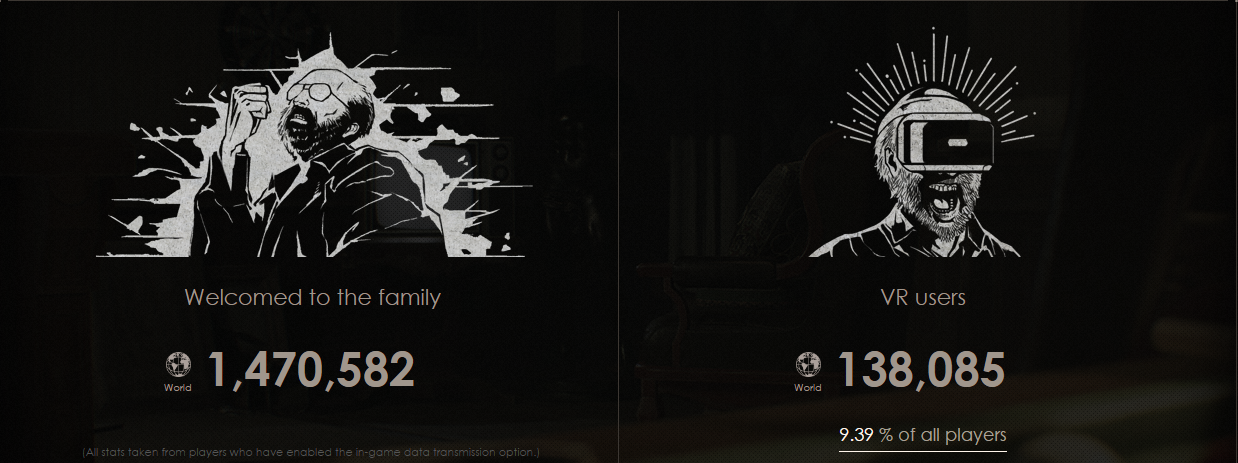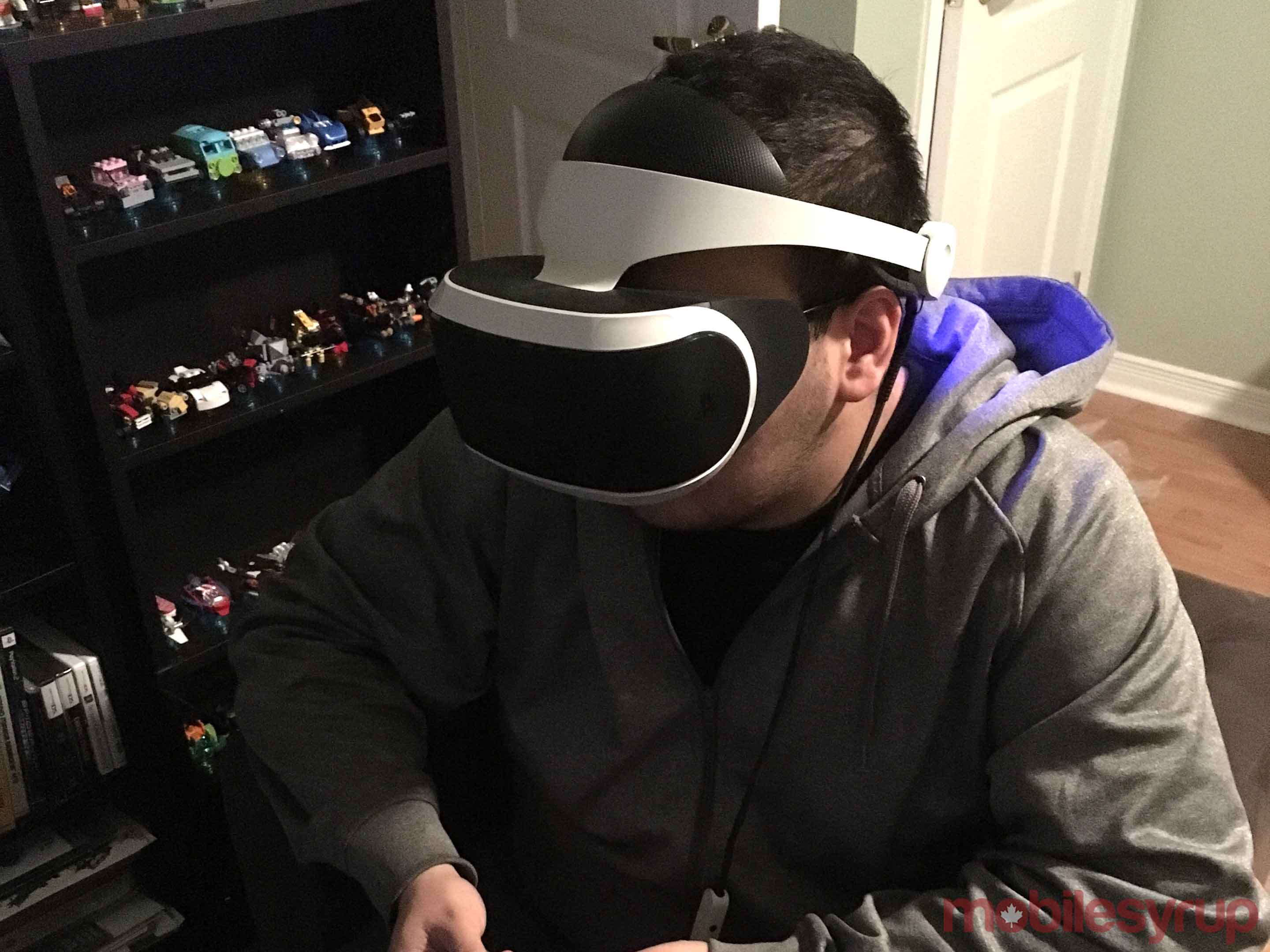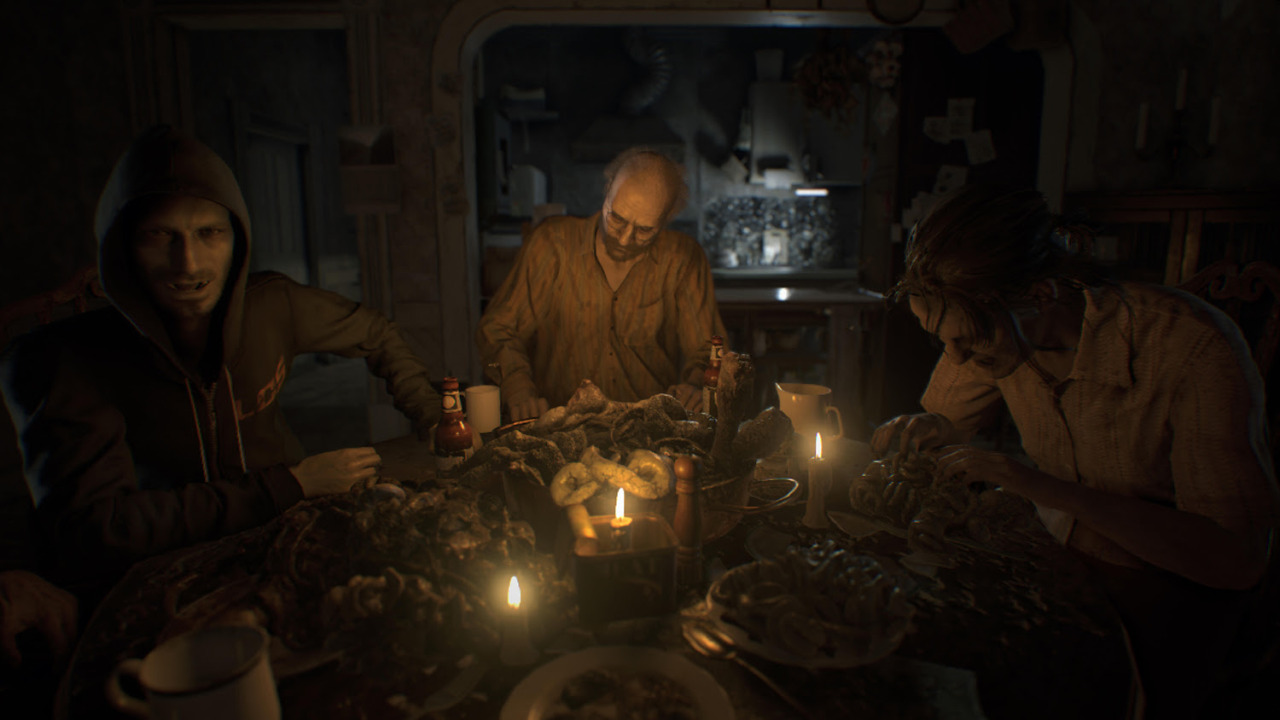
Resident Evil 7: Biohazard (RE7) is a much-needed return to the iconic series’ survival horror origins, but with a unique twist and an emphasis on exploration and atmospheric chills, over action, explosions and gunplay.
Patrick O’Rourke
I’ve always had an interesting connection to the Resident Evil series, with the first full game in the franchise I’ve played being Code Veronica for Sega’s Dreamcast (one of my favourite game consoles ever), before going back and jumping into Resident Evil 1 and 2.
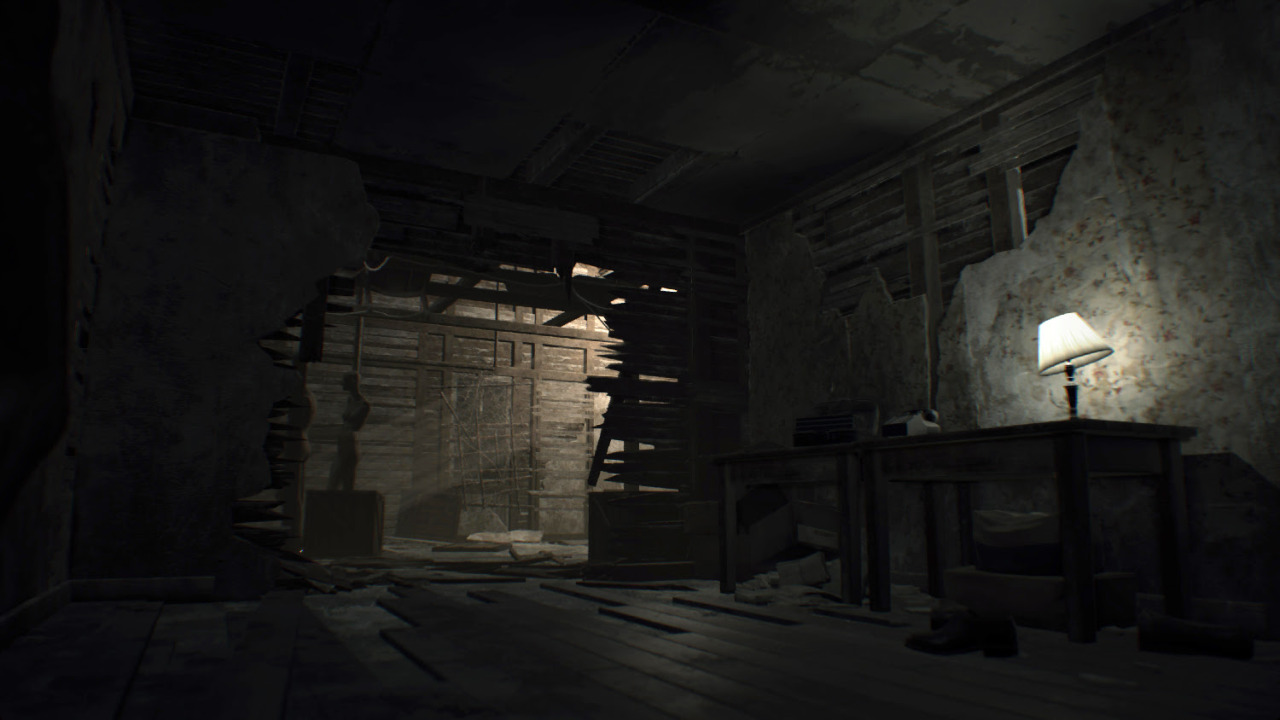
Let me be clear: Resident Evil games have never truly scared me, particularly more action-oriented recent titles like Resident Evil 4 and Resident Evil 5. The tension earlier entries in the series evoked, however, remains unparalleled in the video game industry. That said, Resident Evil 7 actually really does frighten me.
I tested out the demo version while I still had my hands on a PlayStation VR and was very impressed with my brief experience with the headset. Resident Evil 7 is the first full-fledged big-budget virtual reality experience, which hopefully lays the groundwork for other triple A developers to soon follow suit. Unfortunately, since the PS VR unit I was using was on loan from Sony and recently needed to be sent back, the bulk of my experience with RE7 stems from playing the game without the headset.
Without giving too much away — discovery is a significant part of Resident Evil 7’s appeal — the entire game takes place within a decrepit house owned by a deranged family called the Bakers. Your goal, though RE7’s story also places an emphasis on discovery, is to escape the home at all costs. While the third-person perspective has served the series well over the years, bringing the camera to the player’s view (often referred to as ‘first-person’), adds a level of immersion that even without VR, I haven’t experienced before in a survival horror title, let alone a video game in general.
Audio cues like creaking floors, the wind battering a window and the occasional scream, feel like they have a real sense of gravity to them when seeing the world from the character’s perspective, and I think this is part of why I found the game’s setting so frightening. Visually, RE7’s graphics are also some of the best I’ve seen on the PlayStation 4.
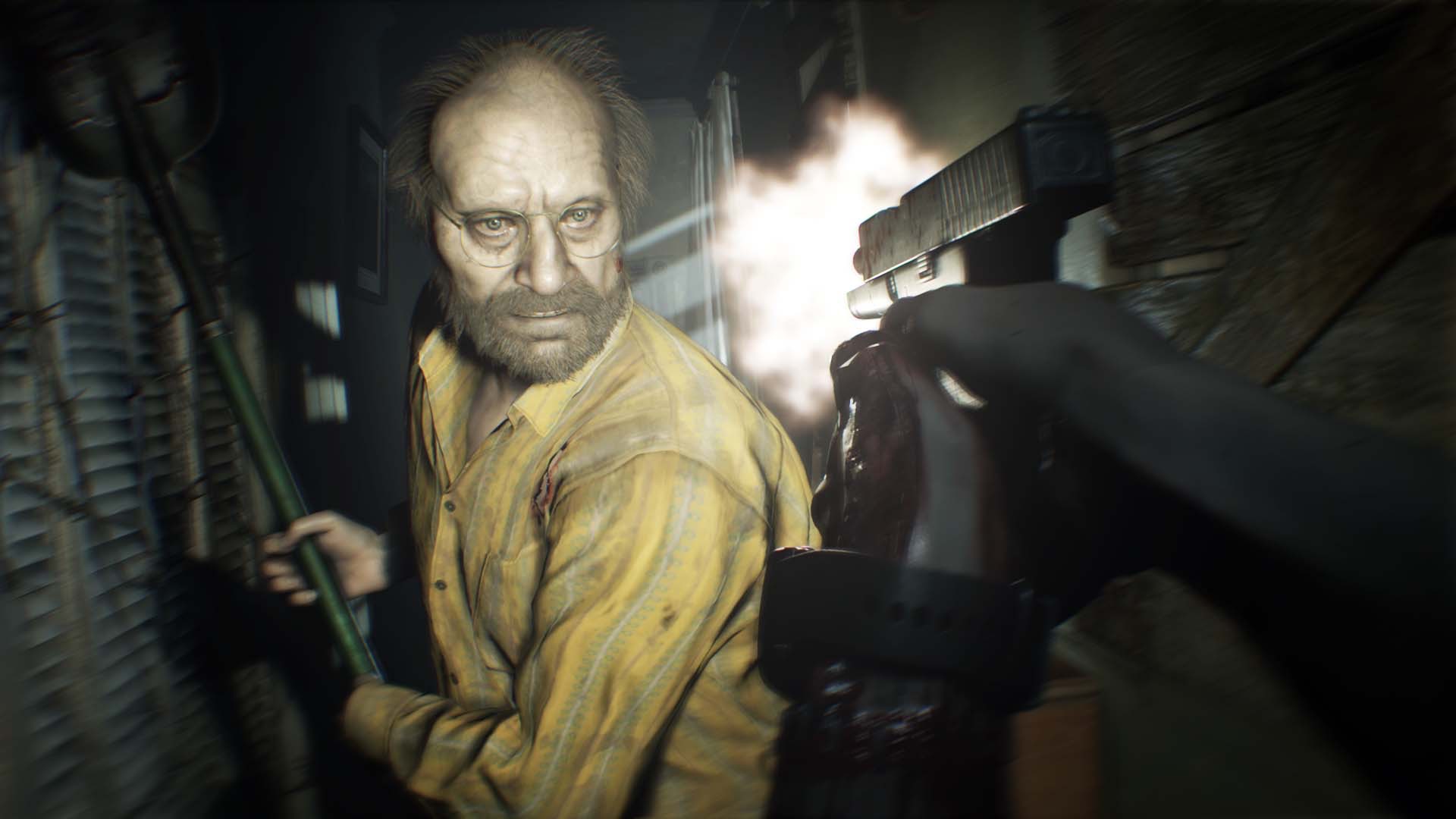
The puzzles that have been a staple of the Resident a Evil series for years, are back and just as mind-bending as ever, sometimes frustratingly so, but this is also how the series started, so its refreshing to see the franchise come full circle. The return to collecting items that at first seem inane, like three-headed dog placards for example, is also a refreshing twist for the storied franchise.
Overall, I’ve enjoyed my time with Resident Evil 7 and this isn’t something I expected to be writing, especially after losing touch with the series over the last few years.
One of the first full-fledged VR games
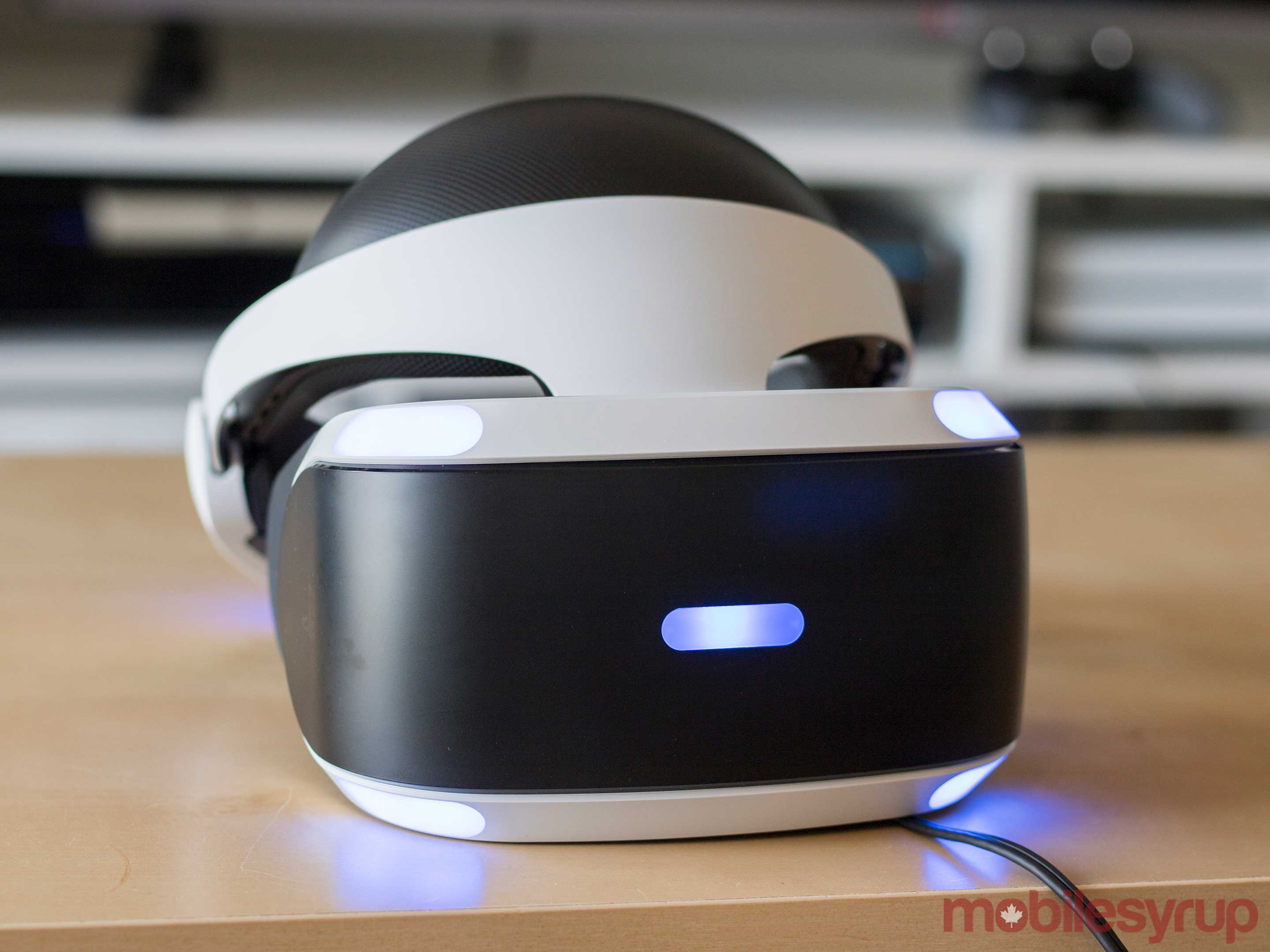
Brad Shankar
Resident Evil 7 is notable not just for being a return to form for Capcom’s survival horror series, but also for being fully playable in PlayStation VR from start to finish. This functionality is also noteworthy because it isn’t just a gimmick; it’s used in highly effective ways to enhance the already excellent gameplay and sense of atmosphere.
Movement and all other standard controls are performed through the Dualshock 4 controller. You can look around freely to what’s in your line of sight using the headset, with the right analog stick being used to rotate the camera. This can definitely cause your stomach to churn, though. I’m not normally one to feel nauseous while playing VR games, but the combination of physical head movement with in-game camera rotation definitely made me feel uneasy.
Fortunately, there’s a welcome set-angle alternative, which lets you incrementally turn the camera once each time you move the analog stick. You can choose between 30, 45 and 90-degree angles, and there are also settings for crouching/walking speed and camera inversion. All of these options let me tailor the controls to ensure a smooth and comfortable play experience, even over prolonged three to four hour sessions.
These controls are put to great use through Resident Evil 7’s gameplay. Exploring the dilapidated Baker estate is made even more haunting through virtual reality. I found myself feeling tense and claustrophobic as I made my way through tight, dimly-lit, cockroach-infested hallways, rooms and crawlspaces. Jump scares are naturally perfectly suited for VR, too. It’s particularly terrifying to have deranged, shovel-wielding Jack Baker suddenly grab and spin you around to snarl in your face.
Gunplay also benefits immensely from VR. The player can freely aim the reticle by moving the headset, which feels very intuitive. Being able to shoot in this way allows you to lineup headshots with a satisfying degree of accuracy, which is especially important in a game with ammo scarcity and extremely resilient enemies.
The biggest setback to playing RE7 in PS VR is the downgrade in resolution. The game boasts otherwise impressive visuals, particularly with character models, but in VR, the graphics become less detailed and even a bit blurry at times. It by no means makes the game look ugly, but it is an unfortunate compromise nonetheless.
Some smaller concessions also had to be made in the shift to VR. Certain actions, such as falling from a small height or squeezing into a small space, can cause a brief black screen to pop up as the game adjusts to the player’s shifting perspective. There are also times where you’ll see his hands floating without any arms, as is the case with many other first-person virtual reality titles. All of this can lead to rather jarring breaks in immersion, but they thankfully don’t happen often or long enough to become significant problems.
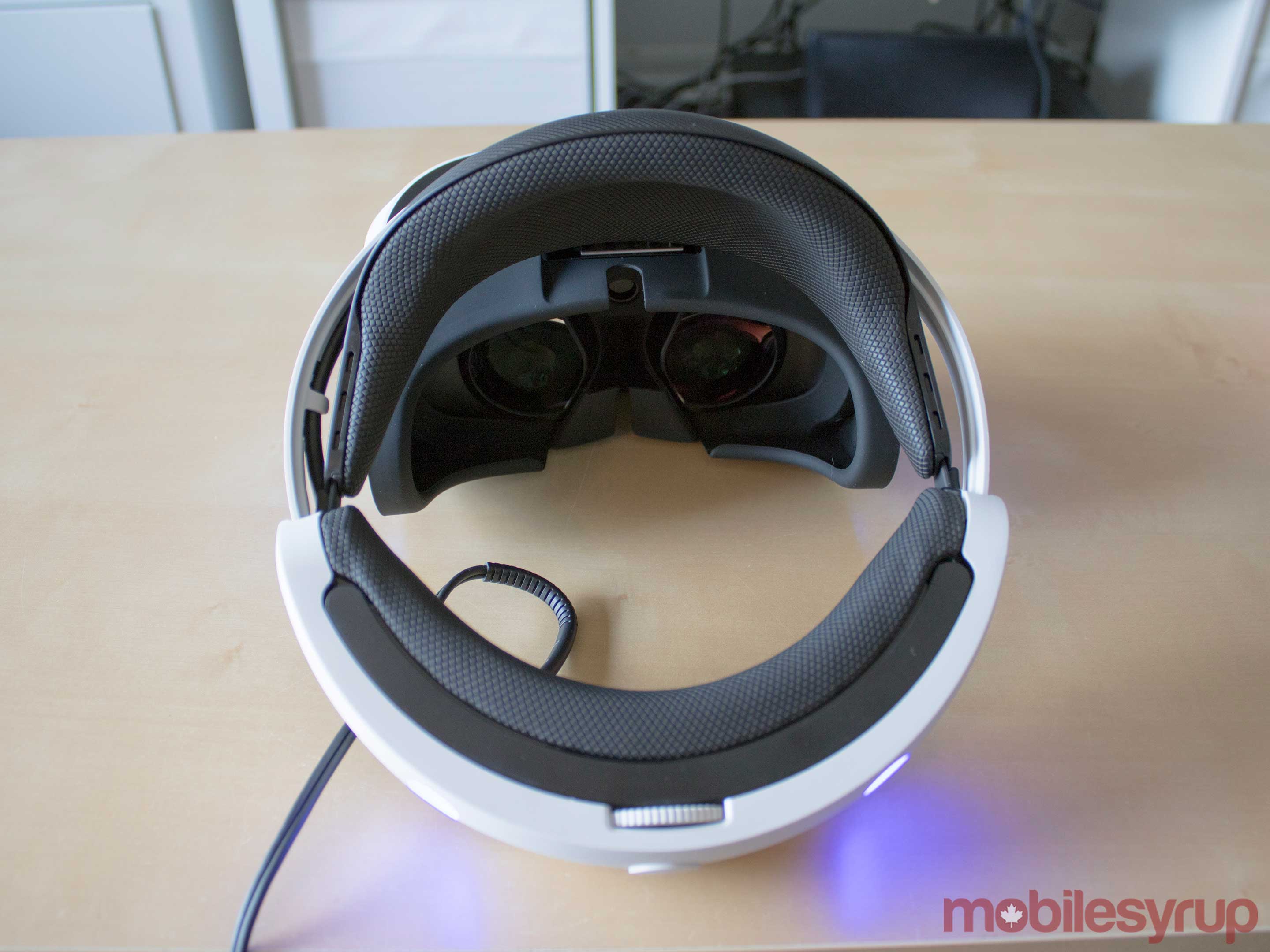
Like virtual reality technology as a whole, playing Resident Evil 7 through VR has its imperfections. There is a notable visual downgrade and some other small instances that can momentarily take you out of the experience. And if you’ve ever felt sick or gotten a headache from VR, then this game won’t likely change that.
But if you’re willing to brave it all, RE7 is a great horror game that’s made even better in virtual reality. It shows what developers can achieve when they truly make AAA games with VR in mind, rather than as an afterthought, and it gives me a great deal of confidence for the future of the technology.
MobileSyrup may earn a commission from purchases made via our links, which helps fund the journalism we provide free on our website. These links do not influence our editorial content. Support us here.


